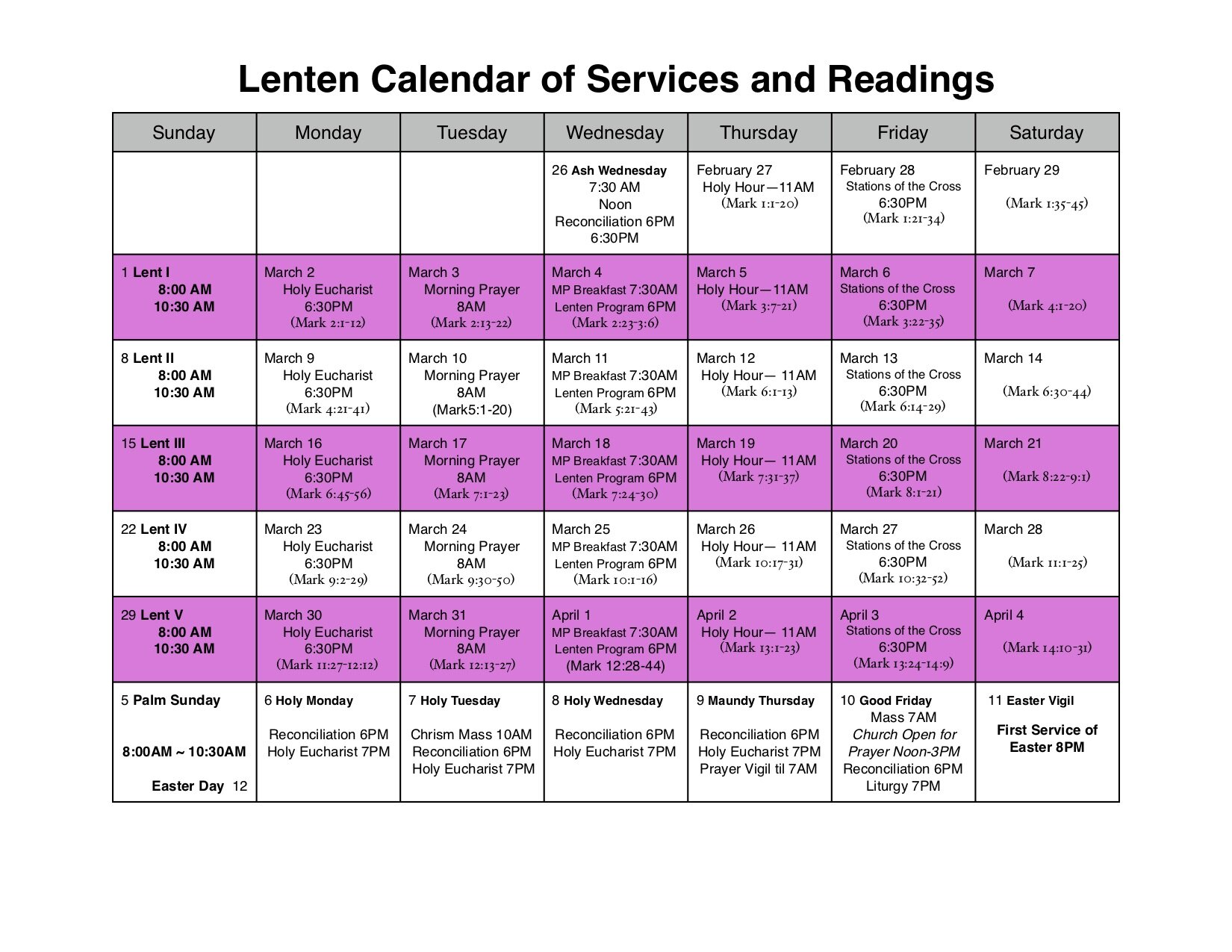This Is My Beloved Son-- Listen to Him
The season of Lent is bookended by two “mountain readings.” The first mountain, that we read about on this final Sunday of Epiphany is the mountain where Jesus is Transfigured before Peter, James and John. In this passage we see the manifestation of Christ’s glory as his face shines like the sun and his clothes become white as light. Moses and Elijah, representing the law and prophets, appeared and were speaking to Jesus; then a cloud covers them and a voice from heaven gives testimony to Jesus as the “beloved Son.” In many ways this Jesus is the one that people want—certainly the one who was expected in that day. This is the Jesus of power, of radiance, of glory. This is the Jesus who manifests the brilliance of God. This is the Jesus who has come to save the world and restore Israel to worldly power.
The second mountain, is the Mount of Olives. On this mountain, Jesus predicts the denial of Peter. It is here, in the nearby garden, that he prays with such vigor that he sweats blood. It is here that Judas betrays him. This mountain is the gateway to the crucifixion of Jesus. The Jesus of suffering and denial. The Jesus of sacrifice and betrayal. This is not the Messiah people were expecting then, and it’s one that many still do not want to follow today.
The season of Lent provides the opportunity for us to embark upon a spiritual journey between these two mountains. We have the chance to reflect upon what Jesus we are seeking after. How do we prepare our hearts and lives to follow the Jesus ,who chose death, in order that we might have life? Perhaps, this Lent we can answer this question by obeying the Father’s voice on that Mount of Transfiguration—“This is my beloved Son. Listen to him.” Listen to Jesus.
What would it mean to listen to Jesus throughout these 40 days? How would we do it? Where would we begin? Let me offer three suggestions:
1.) Read Scripture. The Lenten Calendar that is attached to this blog (or found in the Narthex or on the website) has a reading from the Gospel of Mark every day. These readings will take you from the Baptism of Jesus to the Last Supper. You will experience Jesus teaching the crowds, his disciples, and the leaders of Israel about who the Messiah is called to be. You will witness Jesus as Lord over nature, sickness, demons, and death. You will see the interactions with the poor, the broken, the down-trodden, and the outcast. And you will hear his words of life.
2.) Worship and Prayer. These are not mutually exclusive. As prayer exists in worship, and worship in our prayers. We can definitely listen in our worship. Through the liturgy, the readings, and the sermon we listen for the voice of God. In order to encourage you, we have a variety of worship services every weekday in Lent. And moreover, in many of these services, quiet and contemplative prayer is built into the Liturgy. The Thursday morning Holy Hour service, especially, is a service where the primary focus is to be still and listen to God.
Of course, there is also prayer apart from corporate worship. Prayer, simply put, is our communication with God. There is not one right way to pray with God, any more than there is one right way to communicate with friends, family and our intimate relationships. There are a variety of ways to pray, and this Lenten season we will hold a five-week series on Wednesday evenings entitled Full-Blown Boundless Prayer. This series will focus on looking at the language of prayer through utilizing the categories identified by Gary Chapman in “The Five Love Languages”: Words of Affirmation, Quality Time, Receiving Gifts, Acts of Service, and Physical Touch. Each of us tends to have one primary love language, and maybe a strong secondary one, but seeking to pray with God utilizing a combination and a variety of love languages could produce an enhanced spiritual life, a deepening of a relationship with God, and the ability to listen and hear the voice of the Beloved Son.
3.) Follow. In addition, to reading scripture, worship, and prayer is to act as a disciple of Jesus. Listening means obeying and following. When your parent/spouse/boss asks you to do something for them, it is not enough to just listen to the words. There must be follow-through. Encountering Jesus means following Jesus. Taking up our cross and coming after him. Loving our enemies. Praying for those whom we encounter. Inviting someone to church. Taking a spiritual risk. Allowing yourself to be prayed for. Discovering your spiritual gifts. Offering yourself in ministry. Listen. And do it. Become a disciple. Follow Jesus.
Of course, there may be other ways to listen to Jesus, but these three suggestions can help you get started. Commit to one of them this Lent. Take the journey between the mountains, and listen to Jesus. About who he is. About what the Kingdom of God is. And who we are in the Kingdom of God. Embrace his words, his mission, his sacrifice—his Love, for us and the whole world.

